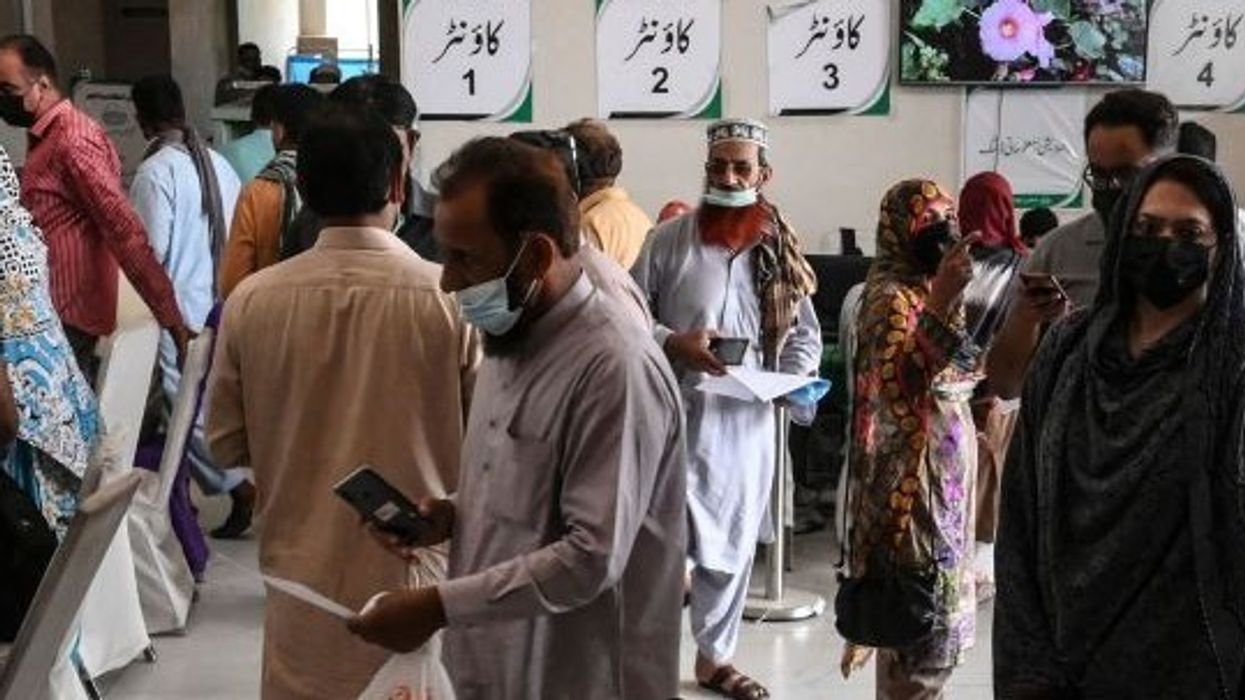A PAKISTAN province has suspended 70 paramilitary personnel without pay after they refused to receive Covid-19 vaccines, officials said.
The personnel, working in the southern Balochistan province, were suspended on Wednesday (30) "after repeated written warnings and verbal requests" to get the jabs, said Habib Ahmed Bangalzai, a senior local official.
"They will also not get their salaries," Bangalzai added.
The personnel belonged to Balochistan Levies, a paramilitary force that assists police with law enforcement and have direct contact with the public, the official said.
The move comes after the national government advised all its employees to get vaccinated.
Balochistan authorities are implementing a ban on unvaccinated people from entering government offices, public parks, shopping malls and public transport.
Pakistan's nationwide vaccination rollout has been ramped up in recent weeks with more than 350,000 doses administered on most days.
Almost 16 million shots have been given to date, with China supplying most of the jabs.
But concerns about side effects, coupled with misinformation that the vaccines cause infertility or death within two years, have sparked some hesitancy.
However, in Islamabad, Pakistanis who want to work abroad have protested the shortage of Western-made vaccines AstraZeneca and Pfizer, an entry requirement for most Gulf countries.




